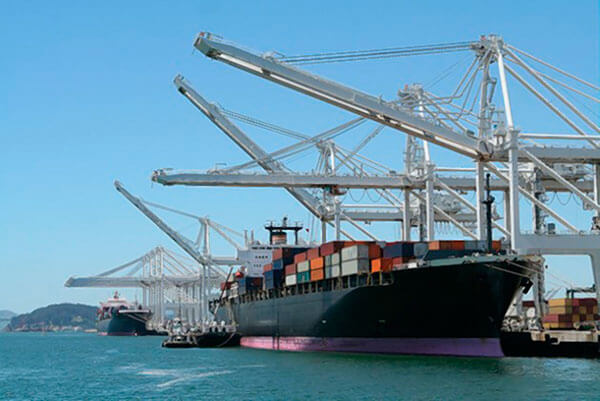LI Yong is director general of the United Nations Industrial Development Organization (UNIDO)
VIENNA, Sep 30 2016 (IPS) – World leaders are recognizing the crucial role of industrialization in eliminating absolute poverty and promoting sustainable development. This was especially evident at the recent G20 Summit in Hangzhou, China, which I attended as a member of the delegation of the United Nations Secretary-General, Ban Ki-moon. The gathering demonstrated the growing consensus on the need for renewed efforts to facilitate inclusive and sustainable industrialization as one of the main drivers of economic growth and structural transformation in Africa, and especially the least developed countries (LDCs).
Before the summit, the United Nations Industrial Development Organization (UNIDO), which I currently head, received a request from the G20 Presidency to take the lead on a report on Industrialization in Africa and LDCs.
The paper presented the challenges and opportunities that Africa and least developed countries are facing in the process of industrialization, and proposed policy recommendations for the G20 to take actions in the future to extend their support for the continent and the LDCs. It provided a comprehensive framework and underlined the fact that increased investments in infrastructure and industry, access to finance, the transfer of technologies, as well as trade facilitation and capacity building, can support the transformation needed in this respect.
The report, which benefited from contributions from other international organizations and financial institutions, highlights the important benefits of inclusive and sustainable industrial development. This extends to inclusive and sustainable structural transformation and industrialization for diversifying the economy, creating jobs and building equitable societies, without prejudice to the environment. It also shows the benefits of leveraging trade in intermediate goods, investment, and regional and global value chains.
The report also highlights the new Programme for Country Partnership approach, which UNIDO is currently piloting in Ethiopia, Peru, and Senegal, as a model for pursuing inclusive and sustainable industrialization at the country level. This approach brings together actors in a multi-stakeholder platform to coordinate and optimize the contribution of each other. The objective of such a partnership is to accelerate and deepen the impact of the national industrial development agendas.
The report recommended that the G20 Group of leading economies promotes inclusive and sustainable industrialization through various mechanisms, such as knowledge-sharing platforms for peer-to-peer learning, the sharing of best practices, policies, measures and guiding tools as well as multi-stakeholder discussions.
Other recommendations included calls for the G20 to support agriculture and agribusiness development; to deepen, broaden and update the local knowledge base; to encourage industrialization through trade and deeper regional integration, and to promote the new industrial revolution, including the internet of things, big data, cloud computing, 3D printing, nanotechnology and biotechnology, in order to improve productivity.
The summit in Hangzhou demonstrated the commitment of G20 countries to achieving the Sustainable Development Goals. These 17 goals, and their associated targets, frame the 2030 Agenda for Sustainable Development with the vision and ambition to both achieve a balance among the environmental, social and economic dimensions of sustainable development, and to integrate them into a universal and transformative framework for global cooperation and action.
A communiqué issued by G20 Leaders announced a package of policies and actions designed to achieve strong, sustainable, balanced and inclusive growth. These include the launch of the G20 Initiative on Supporting Industrialization in Africa and LDCs. The communiqué also emphasized the need to tap into the potential of new sources of growth and to harness the opportunities brought about by innovation, the new industrial revolution and the digital economy.
It became evident during the interactions at the summit that the business community has a major role to play in the uptake of new innovative technologies and business practices. However, government support in addressing market failures is also crucial for increasing the social and environmental impact of new technologies and practices along the value chain.
Translating the G20’s commitment to investment in sustainable development into reality will depend on the ability of governments to create the right mix of incentives for private financing, as well as on the roles of leaders in leveraging multi-stakeholder partnerships in a coordinated and effective way.
I am especially pleased that the consensus reached in Hangzhou is based also on the principle of inclusiveness, ensuring that economic growth serves the needs of everybody and that no one is left behind. This is reflected in the support that the G20 Member States expressed for the initiative on industrialization in developing countries, especially in Africa and LDCs.
I was pleased to see G20 leaders reiterate the support for enhancing the role of small and medium sized enterprises (SMEs), and women and young people in business growth. This includes the participation of SMEs in global value chains, an issue discussed during the B20 Summit. Therewith, the G20 has recognized the interconnectedness of economic development and the importance of public-private partnerships, and linking the business community to policy makers.
The world needs our joint commitment to defeat poverty and create shared prosperity. This is why we must all join hands and turn this commitment into action.





















